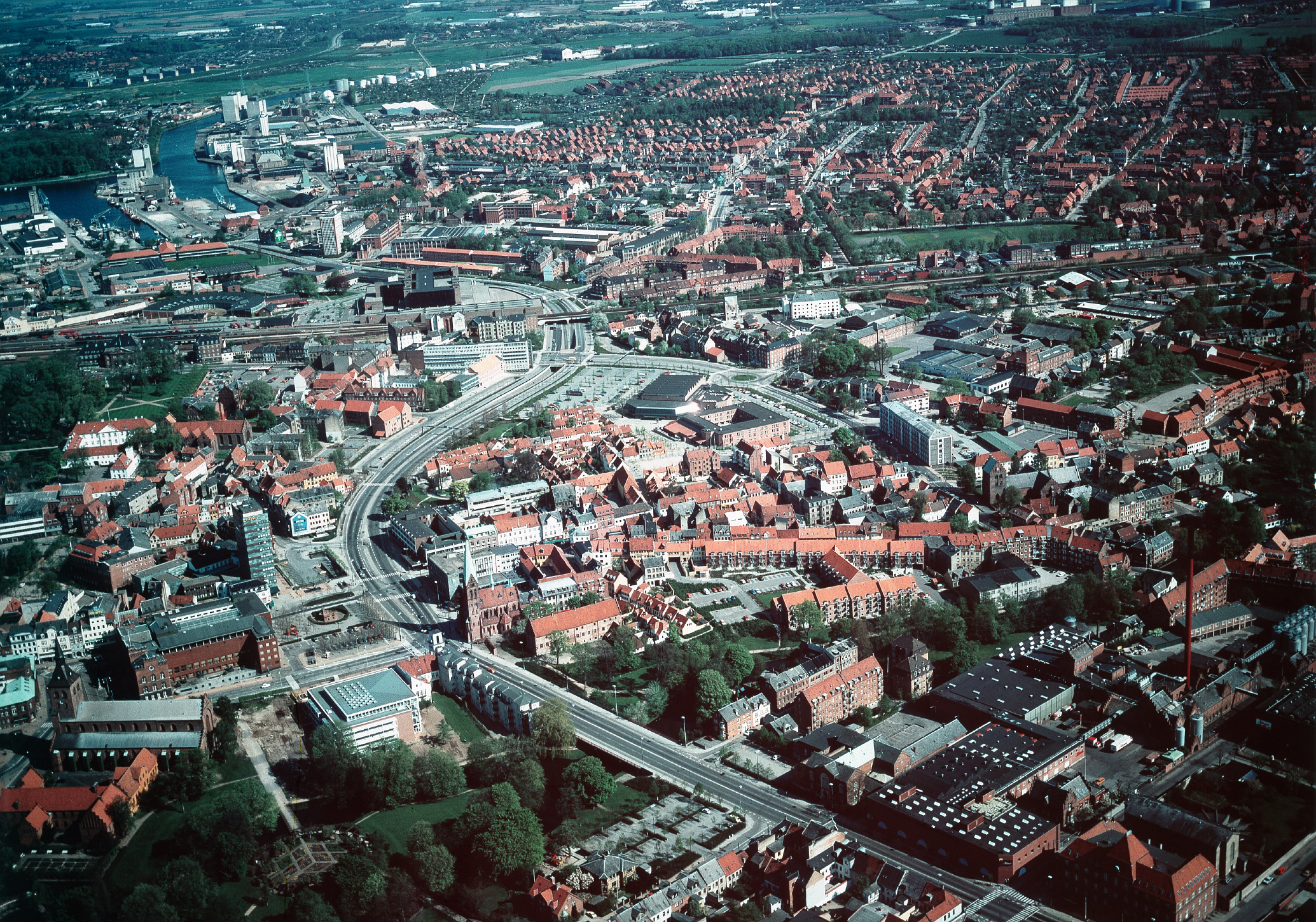
The city of Odense became industrialised early and, in the period from approximately 1870 to 1930, a number of large and significant companies were founded. The abundancy of jobs attracted new inhabitants and the population more than tripled from 40,000 to 130,000 between 1900 and 1960. Employment was generally high and was characterised by the iron and metal industry with many skilled workers and a relatively high wage level. However, largely due to the oil crisis in the 1970s and increasing competition from abroad, the business environment in Odense gradually changed and industry declined. Today, industrial work accounts for less than 10% of the city’s jobs.
This project examines certain aspects of Odense’s development. It identifies chronological impacts where the city’s development, or features of it, seems to be particularly strong or where it stalled. The analysis includes comparisons with other cities. How does Odense resemble/differ from other cities of the same size, especially Aarhus and Aalborg? How does it compare to the national average? At what points and in what periods did Odense do well?
The project is based on data collection within the following themes:
Demography
Labour market
Business structure
Innovation
Income distribution
Education
Construction activity
Housing
Social conditions